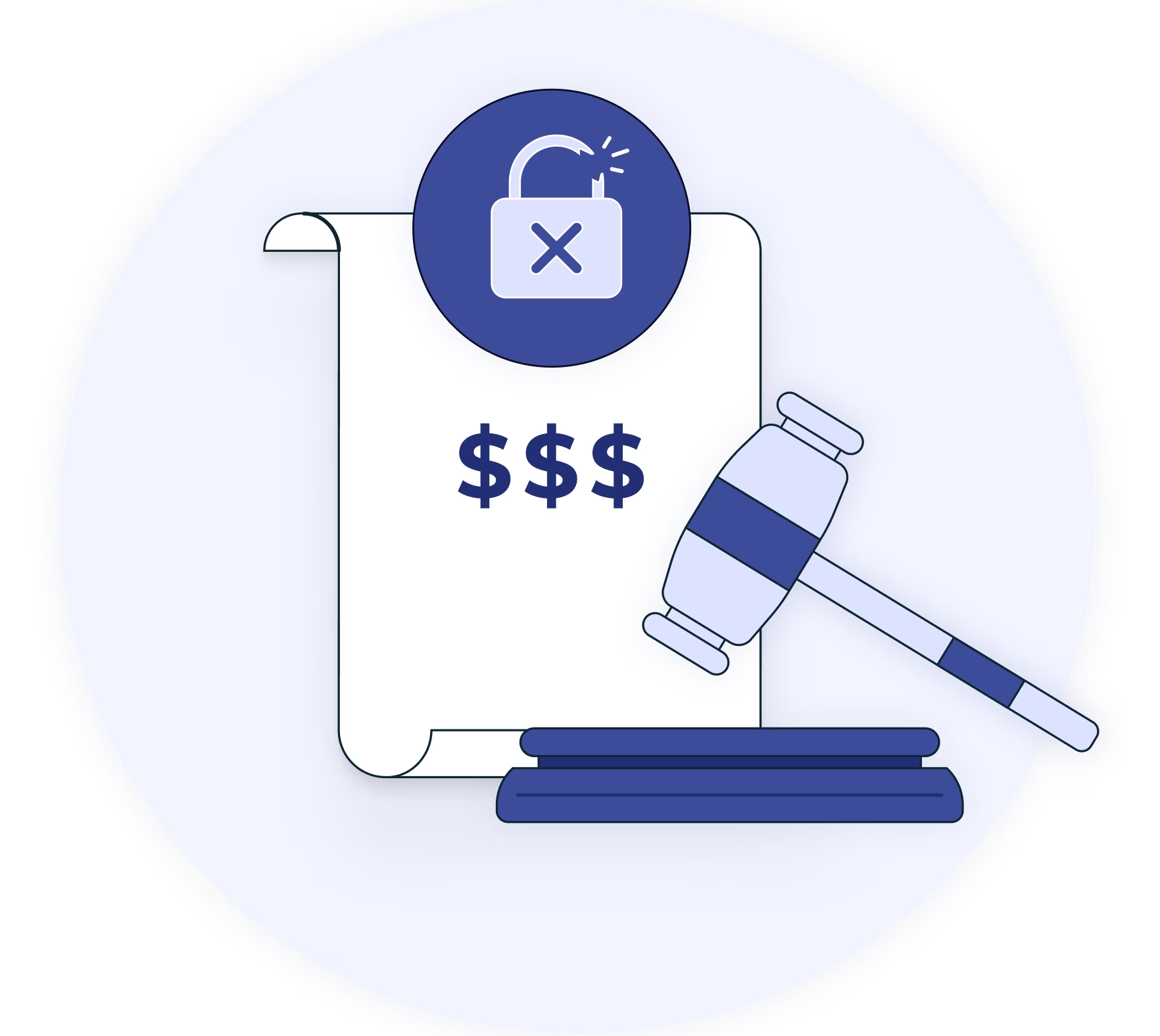End of third-party cookies, cookiepocalypse, cookieless revolution… The deprecation of third-party cookies in Google Chrome has been extensively covered online over the past few years, including in these pages.
Initially scheduled for 2019, it has undergone several pushbacks and delays until last summer, when Google announced a new mechanism to be introduced in 2025, offering users more control over the use of tracking technologies through a user prompt. See what our CEO had to say about it at the time.
This week, Google and its Privacy Sandbox project brought a new, surprising (or is it?) update to the story by declaring that third-party cookies won't be phased out of the Chrome browser after all. Why is that? What does that mean for organizations and the advertising industry? Let’s take a closer look.

Third-party cookies in Chrome: What is the April 2025 update about?
Seemingly out of the blue, the announcement from Google came from an announcement on the Privacy Sandbox website, providing context about the struggles surrounding the massive undertaking that has been the deprecation of third-party cookies for the company:
As we’ve engaged with the ecosystem, including publishers, developers, regulators, and the ads industry, it remains clear that there are divergent perspectives on making changes that could impact the availability of third-party cookies.
- Anthony Chavez, VP, Privacy Sandbox (Source: Privacy Sandbox)
Additionally, Anthony Chavez, VP at the Privacy Sandbox, highlighted the numerous changes that have occurred in the industry since the project's launch, including the rise of privacy-enhancing technologies (PETs) and the global increase in data privacy regulations.
All that to conclude that, in the end, the organization decided to roll back the project announced last summer, and to maintain third-party cookies in Chrome, giving instead the option for users to customize their experience themselves within the browser settings:
(...) we’ve made the decision to maintain our current approach to offering users third-party cookie choice in Chrome, and will not be rolling out a new standalone prompt for third-party cookies. Users can continue to choose the best option for themselves in Chrome’s Privacy and Security Settings.
- Anthony Chavez, VP, Privacy Sandbox (Source: Privacy Sandbox)
Reading between the lines: What the experts think
What are the reasons behind the announcement, and what will the impact be for organizations? We asked two experts to comment:
In my opinion, there’s another event that might seem completely unrelated but actually plays a key role in the announcement Google just made: it’s the recent decision by the French Competition Authority against Apple regarding ATT.
What Google aimed to implement with its opt-out in Chrome (although the details were still vague and undefined) would likely resemble what Apple already does on mobile ("ask app not to track"). But Apple was just fined 150 million euros.
That’s not a huge amount for them, but it’s the message that counts, especially since there are other investigations ongoing elsewhere in Europe.
- Thomas Adhumeau, Chief Privacy Officer at Didomi
For several years, the announced disappearance of third-party cookies has been fluctuating, and this uncertainty has worn out advertisers.
The more mature ones are already moving forward with strategies adapted to a market that is, in reality, already fragmented: server-side, first-party data, AI, but also a new demand for privacy and control.
- François de Broissia, Senior Data & Analytics Director at Jellyfish
What’s next: What companies can do to stay ahead going forward?
Regardless of Google’s announcement, third-party cookies are not part of the future. The technology is considered by many to be outdated, complicated, and even flawed: it is blocked by default on Safari and Firefox, impractical on mobile devices, and increasingly difficult to justify from a technical perspective.
Therefore, companies that are committed to building sustainable data strategies should stay the course toward a post-third-party cookie world.
If the shift does not happen today, it will happen tomorrow. And maybe not because Google says so, but because Google might no longer be in charge.
If Chrome were ever to be spun off or placed under an independent foundation, a scenario that’s not entirely outlandish in a post-antitrust landscape, this decision could simply be delayed, awaiting the right governance to carry it out.
- Thomas Adhumeau, Chief Privacy Officer at Didomi
Introducing server-side tagging
Whatever ends up happening, modern organizations must adopt innovative solutions that strike a balance between user privacy and effective data collection and activation. One such technology is server-side tagging, which offers several benefits, including enhanced control over data flow while maintaining robust privacy standards.
This is precisely why Didomi recently acquired the fast-growing server-side tagging platform, Addingwell. This strategic move positions us to help organizations better manage their data collection, activation, and consent mechanisms in response to the growing requirements for data privacy and performance.

Google is no longer deprecating third-party cookies, but the changes we’ve seen are here to stay: Research shows that 78% of businesses consider first-party data their most valuable resource for personalization, and a MarketingWeek study found that while a third of marketers are still 100% reliant on third-party cookies, 68% of marketers and agencies recognize the urgency of switching to first-party data.
To adjust to these changes and be ready for future challenges to come, teams should focus on:
- Implementing robust consent management systems that work across all types of cookies and tracking technologies
- Developing first-party data strategies that respect user privacy
- Adopting server-side solutions that offer better control over data flows
- Ensuring transparency in all data collection practices
Learn more about server-side tagging and understand the reasons behind our acquisition of Addingwell in our press release:
{{addingwell-acquisition-press-prelease}}

.svg)














.avif)



